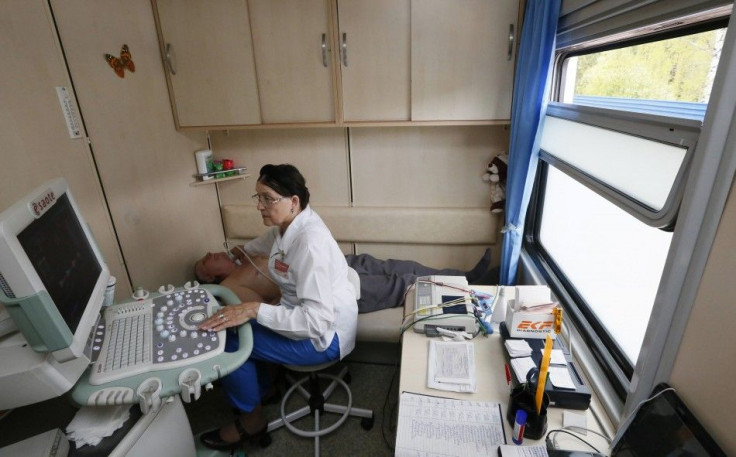Canada’s Quebec Province Passes Euthanasia Right-to-Die Bill, 1st of its Kind in the Country

Canadians in Quebec suffering from dreaded or long-time health afflictions have now been afforded the right to die, as the provincial government on Thursday passed Bill 52, otherwise known as an act respecting end-of-life care.
The bill passed at the National Assembly in Quebec City by a whopping 94-22. It is the first legislation of its kind in Canada.
The bill provides that a terminally ill adult patient, of sound mind, may request a health practitioner to receive medical aid in dying on the basis of unbearable physical or psychological suffering.
The condition for Bill 52 to be applied is that patients would need to have an incurable illness and be in "an advanced state of irreversible decline in capacities."
Before any euthanasia requests can be carried out, consultations need to be first made and approved with the hospital's medical team.
"Sometimes when you are suffering in pain, one hour can feel like one week.... The protection of the vulnerable is reflected in every aspect of this bill," CBC News quoted Parti Québécois member of the National Assembly Véronique Hivon.
"For me, dying with dignity means dying with the least amount of suffering ... and respecting who that person always was during his or her whole life," Hivon, who drafted the bill and still minister of social services under the former PQ government, said.
Rimouski Bishop Pierre-André Fournier, president of the Assembly of Bishops of Quebec (AEQ), had earlier blasted the proposed legislation, saying "inducing death is not health care."
"Euthanasia is not healthcare. It is a form of causing death - a form of homicide," Alex Schadenberg, executive director of the Euthanasia Prevention Coalition, told LifeSiteNews. "It's unconstitutional, it should not be happening and in the end it will not be about creating greater freedom for people, but will result in the deaths of many Quebec citizens and sometimes even involuntarily," he added.
A neurosurgeon before entering politics, Quebec Premier Philippe Couillard shared that in his encounters with terminally-ill patients, there was no one person who really wanted to die. Only that they want to end their suffering.
"Not once did patients tell me that they wanted to die. But they often told me that they no longer wanted to endure the pain and wanted to go to sleep," the Globe and Mail quoted Couillard.






